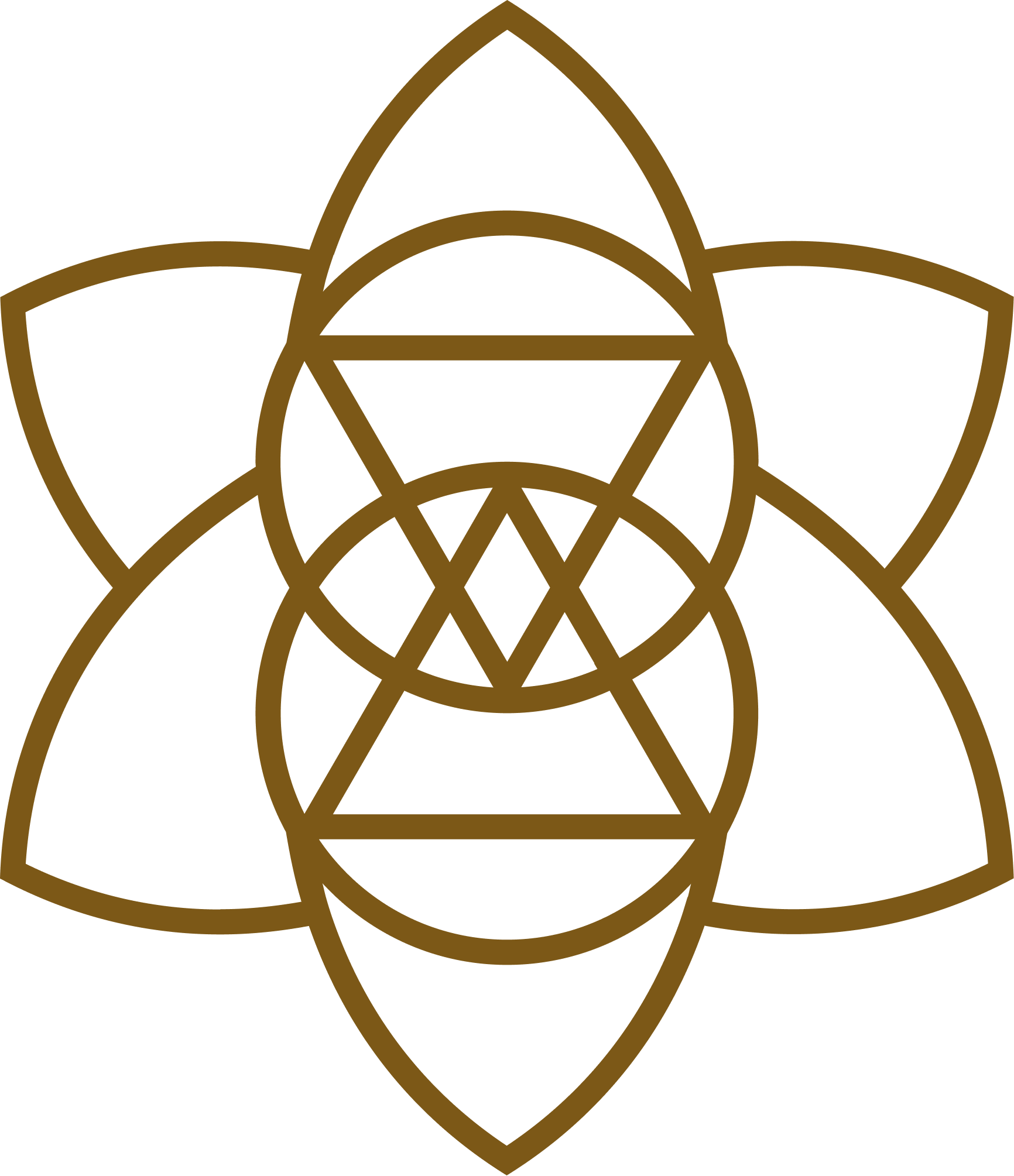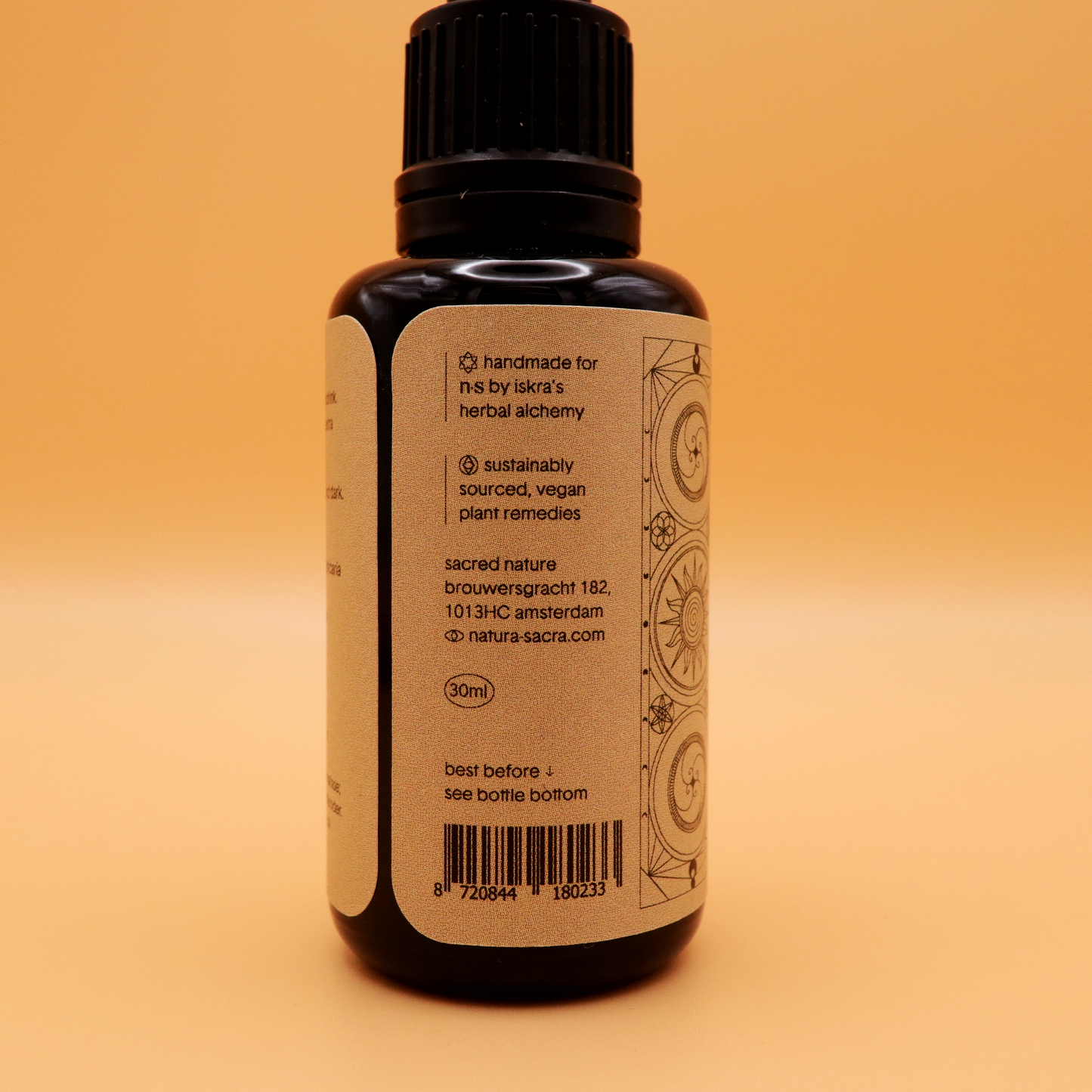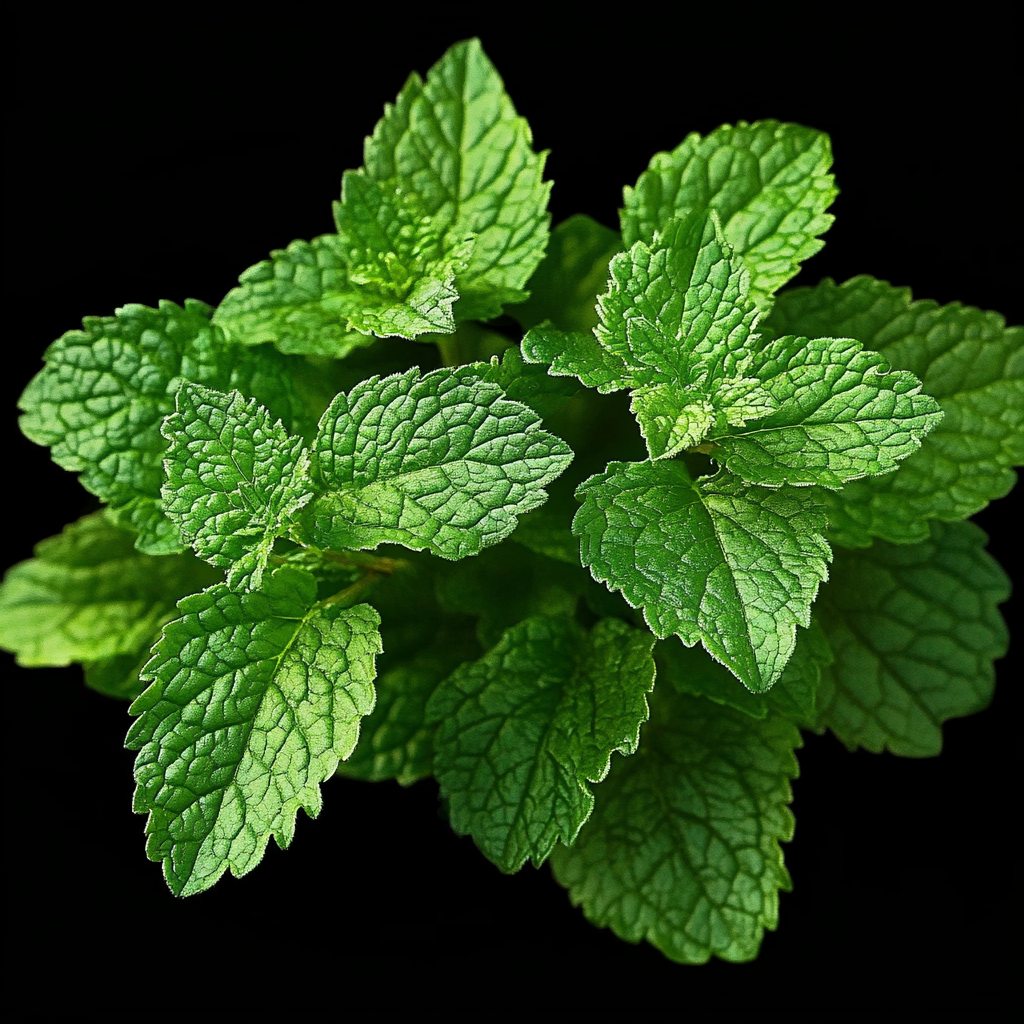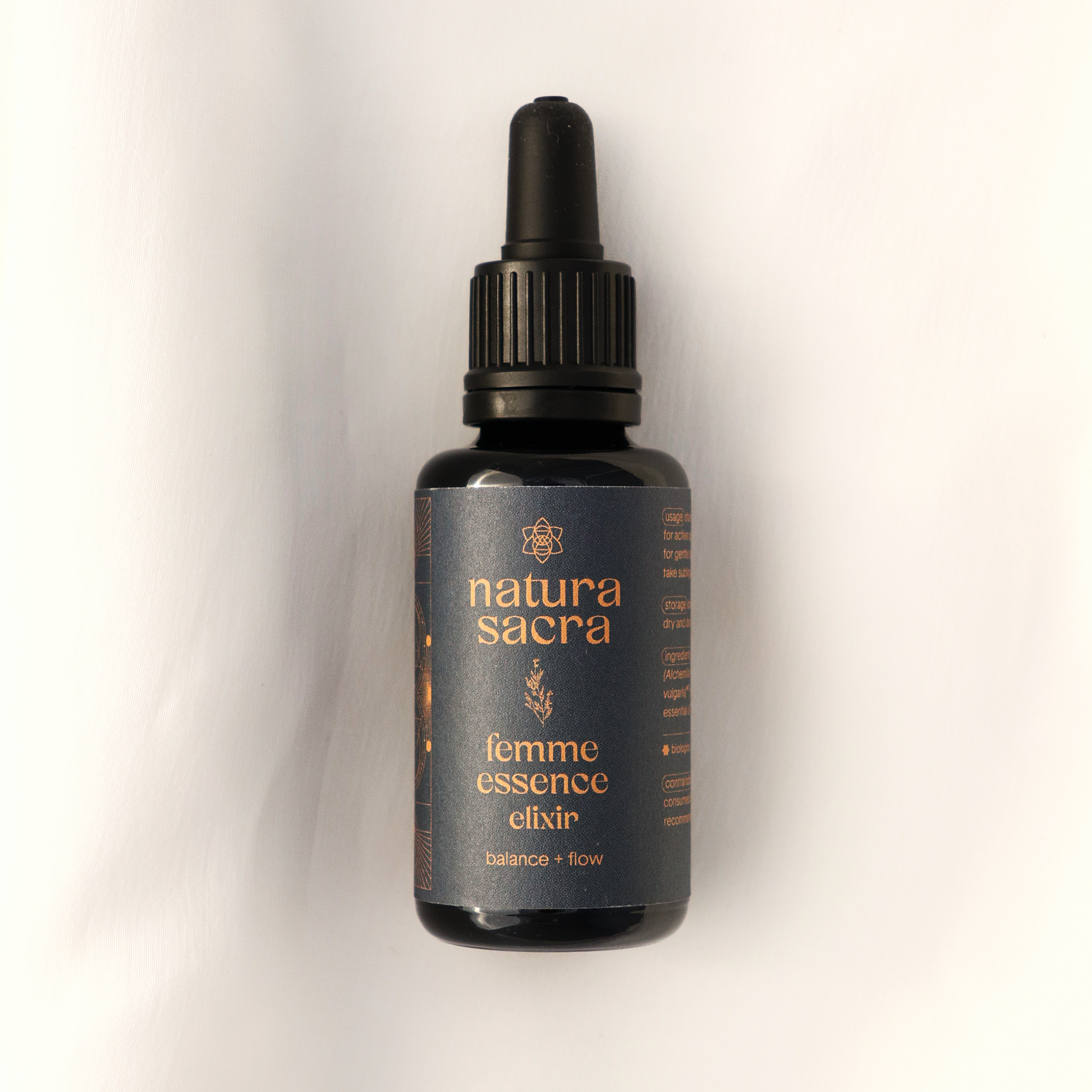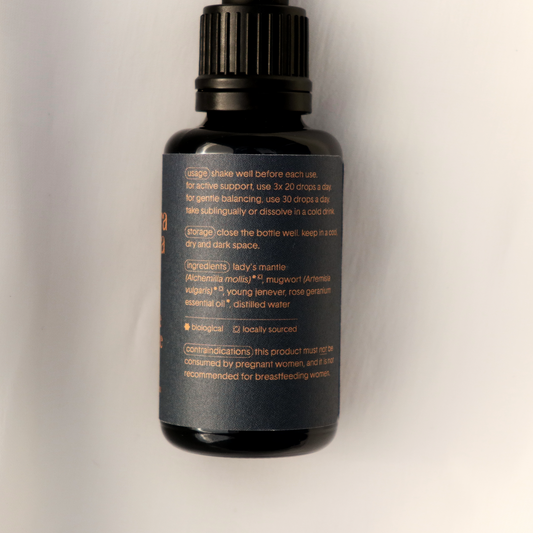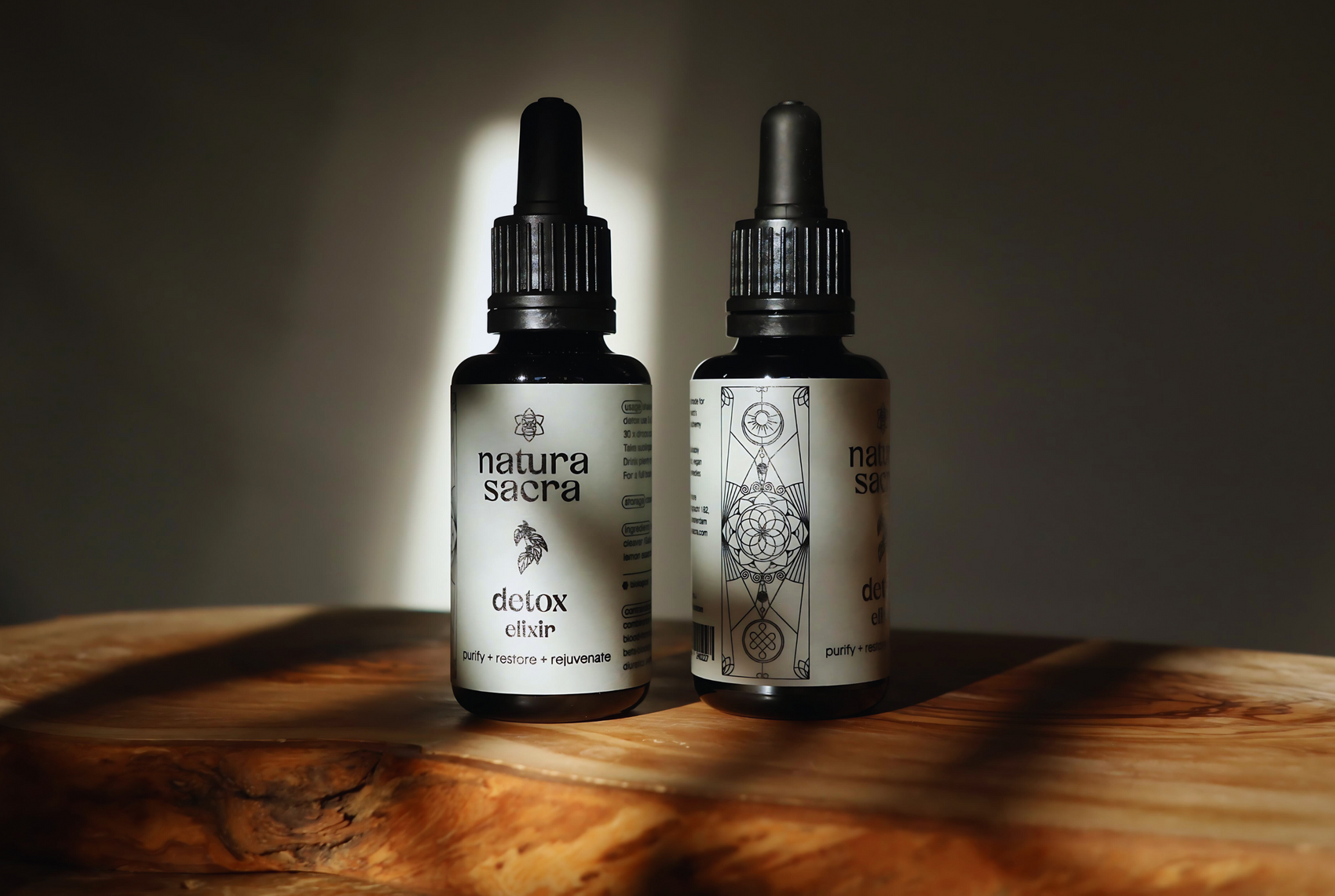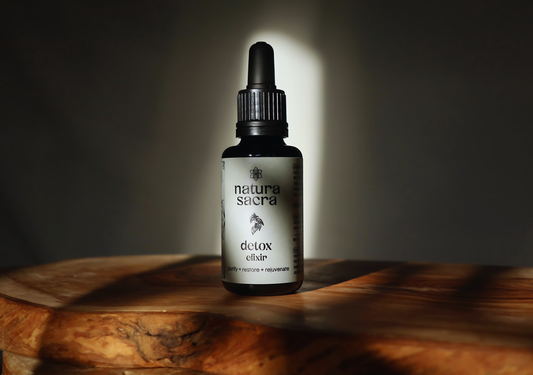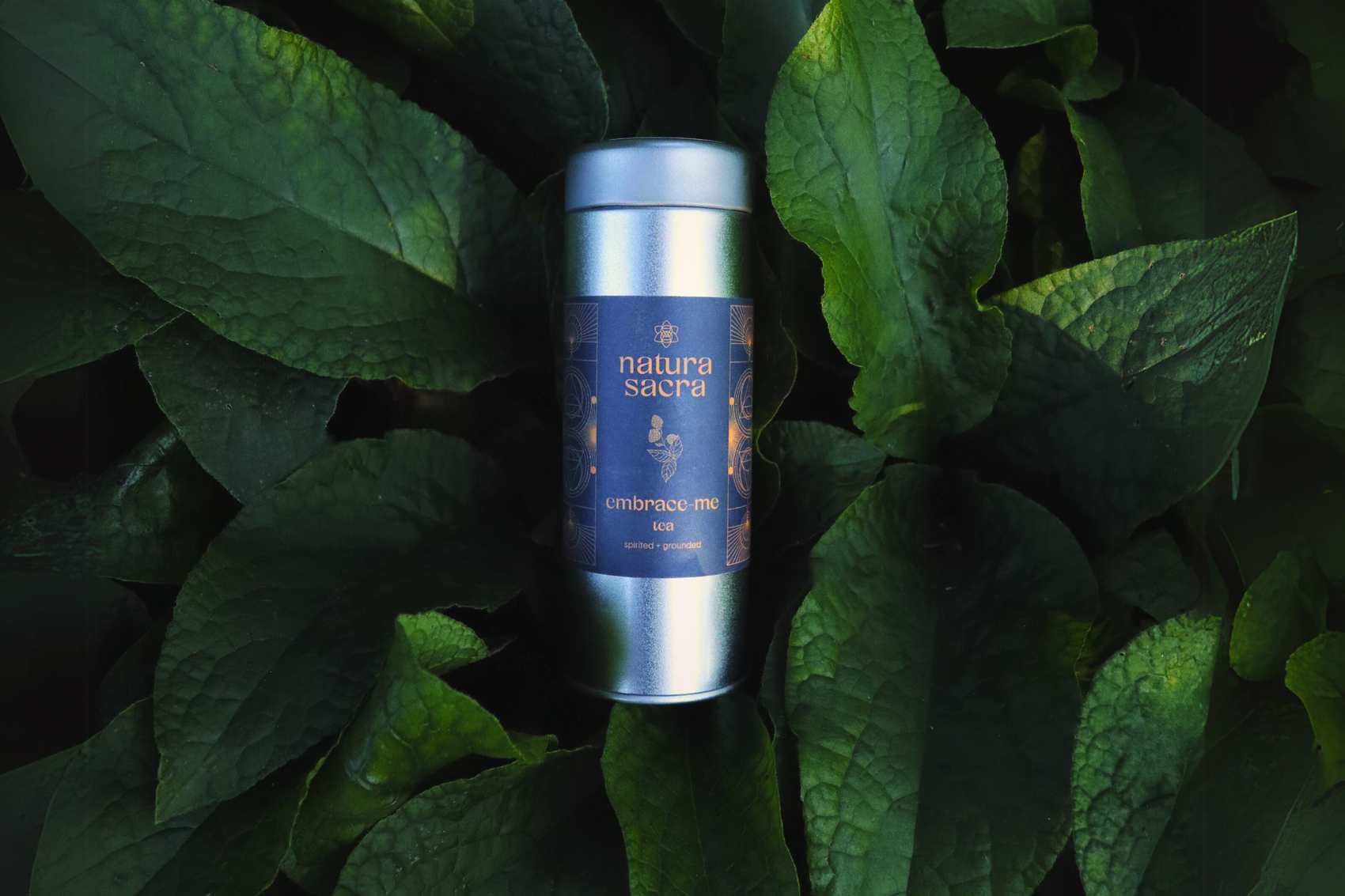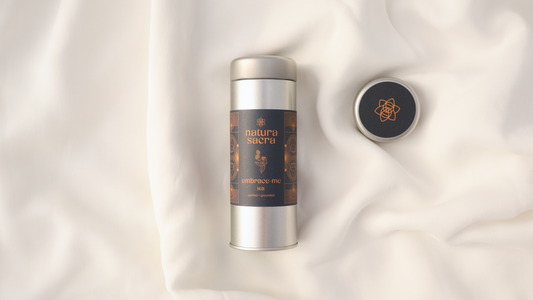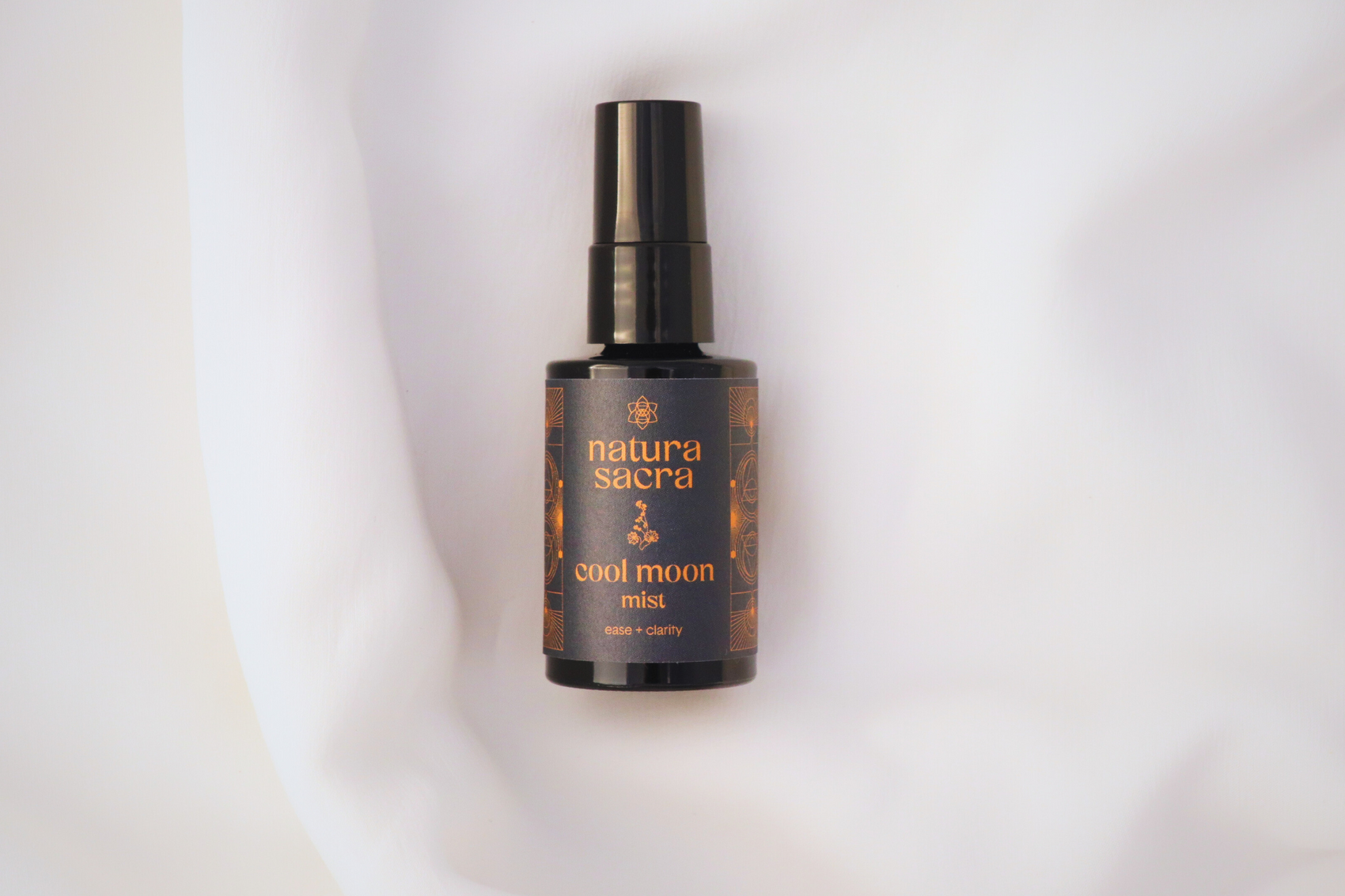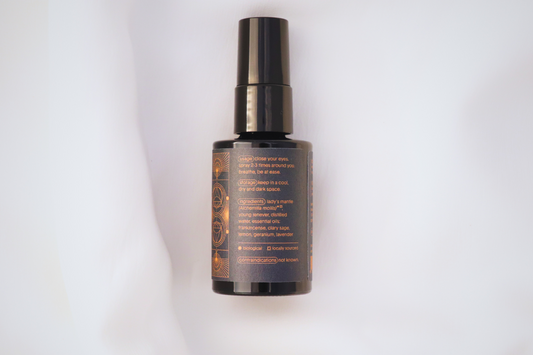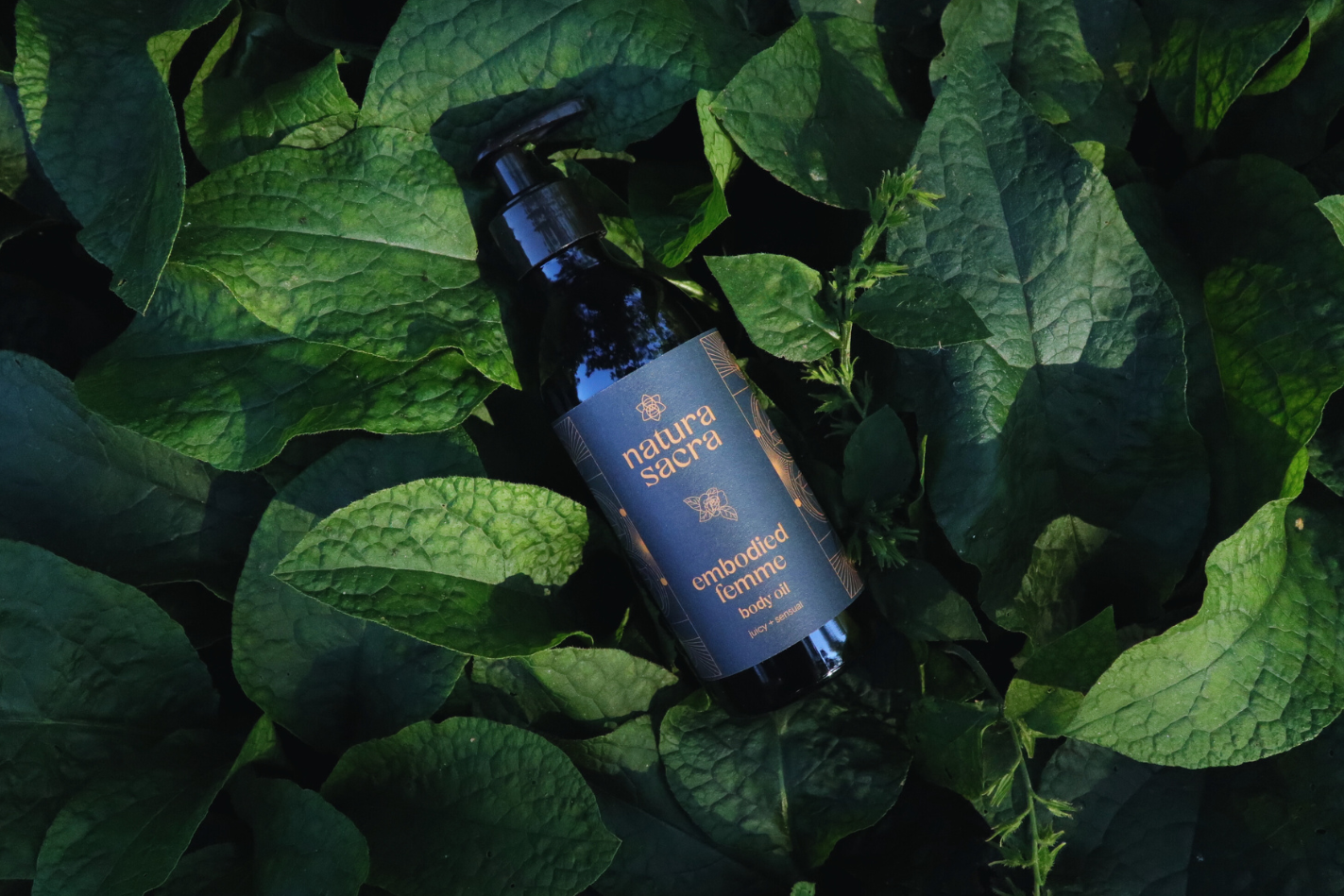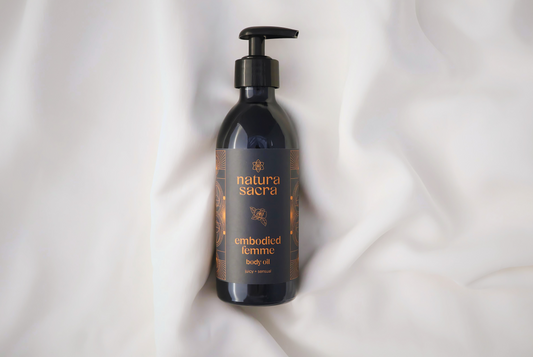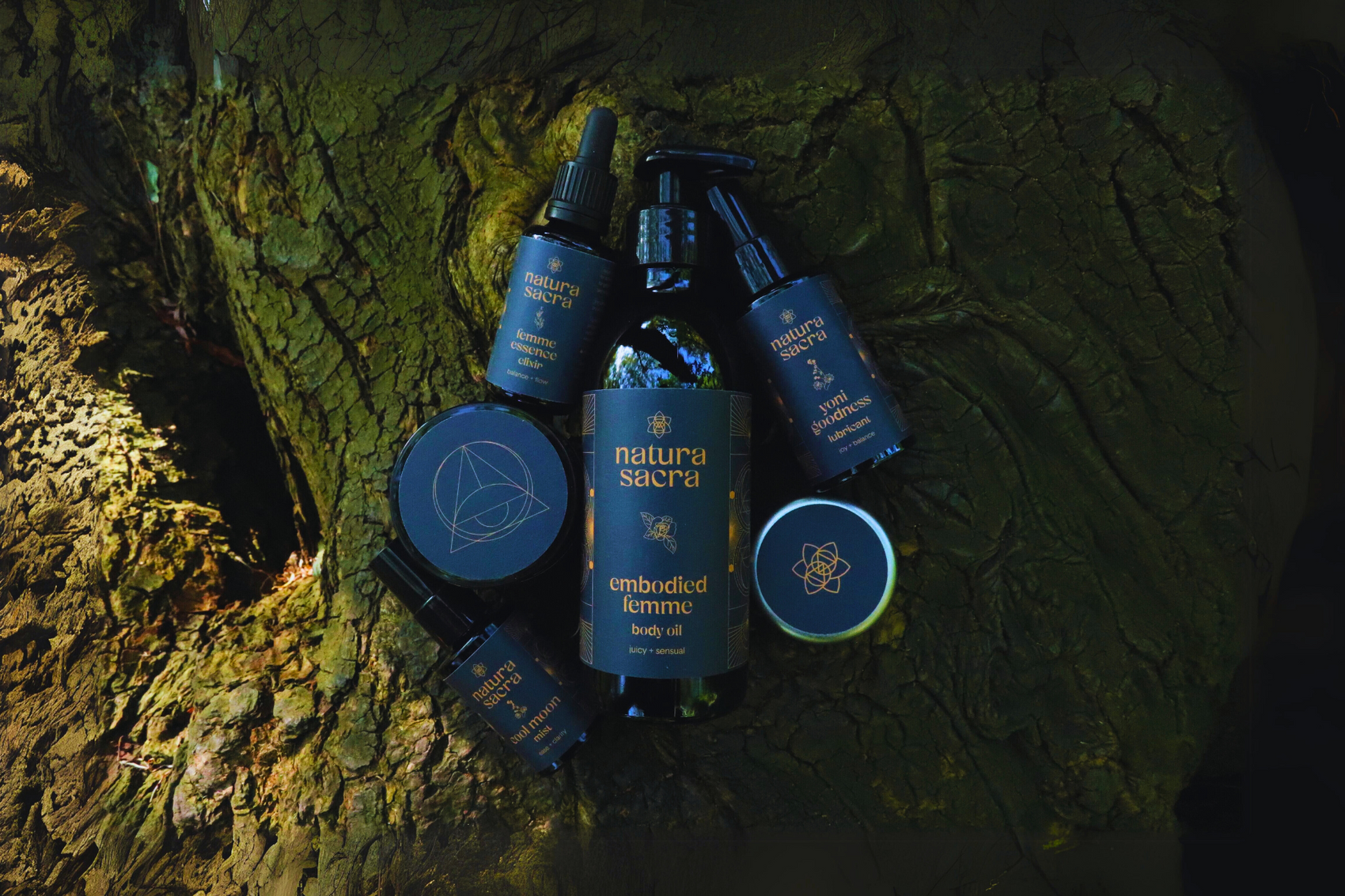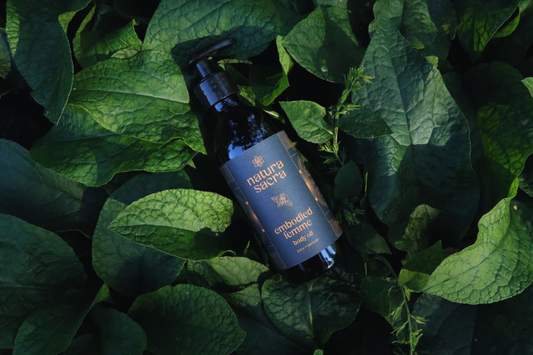1. Valerian is commonly recognised for its role in promoting better sleep quality. Studies have shown that valerian root helps reduce the time it takes to fall asleep and enhances sleep depth, making it particularly beneficial for those suffering from insomnia. [R1], [R2], [R3], [R4]
2. Valerian has long been used to relieve anxiety and stress. By interacting with neurotransmitters like GABA, valerian induces a calming effect on the nervous system without the side effects typically associated with pharmaceutical sedatives. [R1], [R2], [R3]
3. Valerian is also noted for its muscle-relaxing properties, making it effective in relieving menstrual cramps and reducing tension headaches. Its anti-spasmodic qualities help relax smooth muscles, which is why it’s often used to alleviate physical discomfort. [R1], [R2], [R3]
Safety and Side Effects: Valerian is generally considered safe for short-term use, though long-term safety has not been well-studied. Some users may experience side effects such as headaches, dizziness, or digestive issues. Valerian should not be combined with alcohol or other sedatives, as it can amplify the sedative effect.
